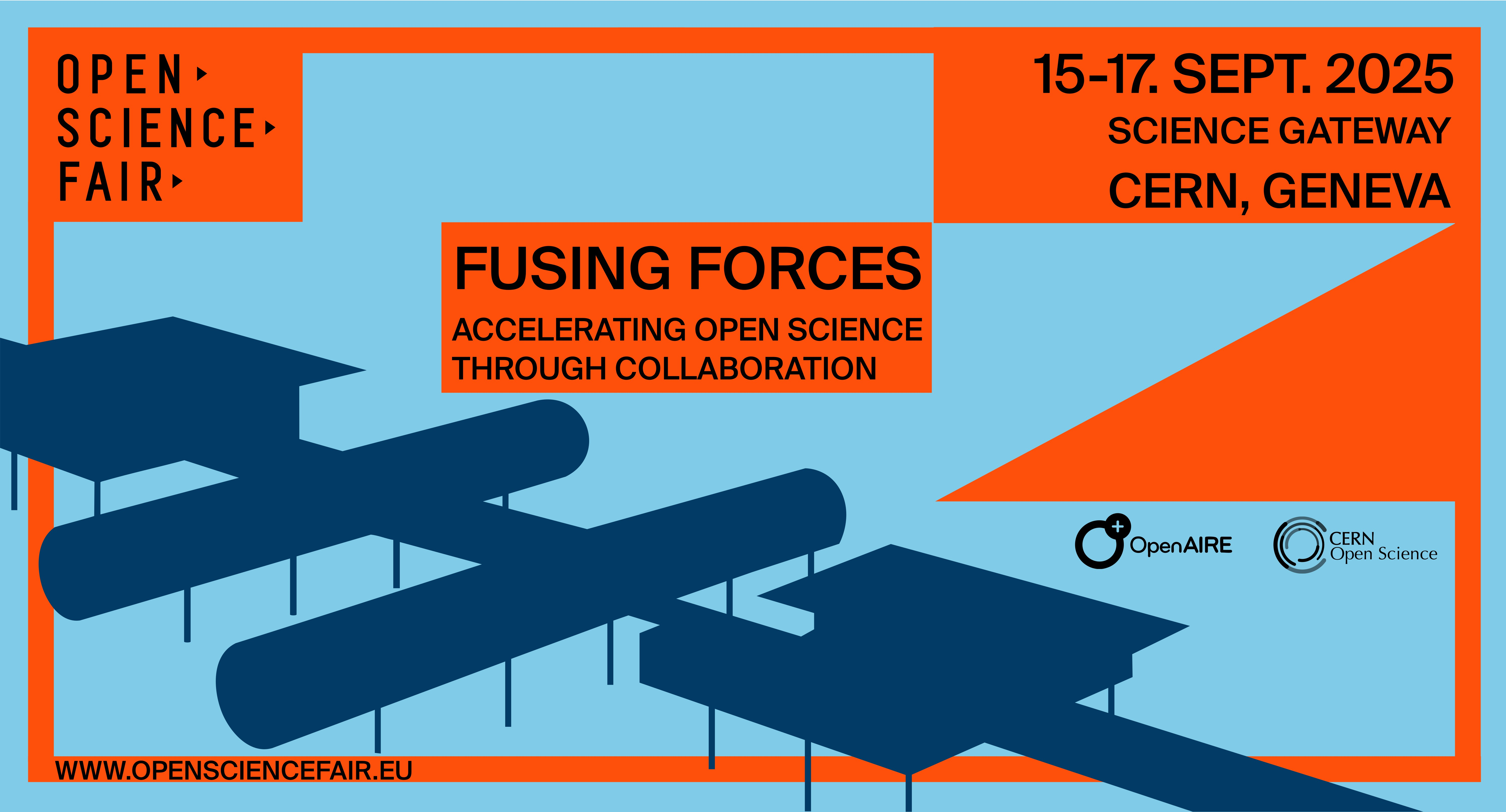Description
International Relations are established for various purposes; however, the nature of this Open Science Fair 2025 “Fusing Forces – Accelerating Open Science through Collaboration” invites us to address the relationships that exist around Cooperation, specifically new trends.
To this end, we will review briefly what has characterized these ties for years, and then we will suggest an alternative in detail, illustrated with a successful example that is currently in operation.
Traditionally, International Relations are defined as diplomacy, understood as the relationship established by nations or nation-states as a whole, such as a federal or central government, whether bilateral, one-on-one, or multilateral, between more than two countries. However, starting in the 1980s, a series of non-traditional manifestations of what has come to be known as paradiplomacy began to emerge. New actors with common expectations belonging to different systems and degree of decentralization have been working cooperatively without the intervention of central governments. Our example involves two different organizations: a Mexican research center and OpenAIRE, as subnational and supranational actors respectively.
A comparative table will show how the most representative features of paradiplomacy and its application in the creation of North American Studies (NAS). NAS is an ongoing collaborative project that transcends borders and contributes to strengthening one of the Open Science infrastructures, within the framework of the Open Science UNESCO recommendation and the FAIR principles. Scientific paradiplomacy is imperative in times of uncertainty and paradigm shift in international relations.
Tagline
How new actors could accelerate Open Science through international collaboration. NAS, an ongoing exercise of equitable participation between subnational and supranational actors, building robust infrastructures and more connected scientific community.
| Keywords | International cooperation, Paradiplomacy, Open Science |
|---|
